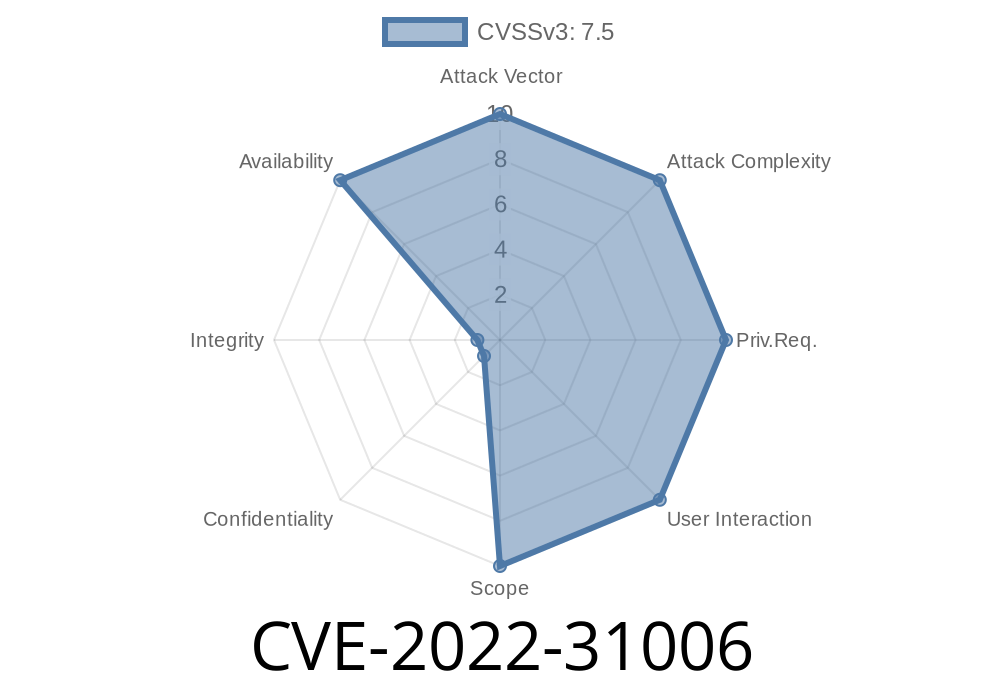In the indy-node code, a post-installation task will now check the validity of the peer node certificate. This change, which was made in version 1.2.2, implements best practices for the security of a distributed ledger software and eases the validation of the peer node. If a valid peer node certificate is not in place, the indy-node server will stop working. Additionally, the indy-node code has now been updated to limit the number of client connections per peer node. This change was made in version 1.2.0 and implements best practices for the security of a distributed ledger software and eases the validation of the peer node. If a valid peer node certificate is not in place, the indy-node server will no longer allow more than a certain number of client connections per peer node.
Security Improvements and Fixes
The indy-node code has undergone a number of security improvements and fixes. This change was made in version 1.2.0 and implements best practices for the security of a distributed ledger software and eases the validation of the peer node. If a valid peer node certificate is not in place, the indy-node server will no longer allow more than a certain number of client connections per peer node. Additionally, the oidc module now uses TLSv1 by default in order to mitigate against potential vulnerabilities that have been discovered in past years.
This change, which was made in version 1.2.1, implements best practices for the security of a distributed ledger software and eases the validation of the peer node. If a valid peer node certificate is not in place, the indy-node server will stop working.
Bug fixes and security updates
The security of the distributed ledger software is an important concern for the Indy project, and this release addresses a number of bug fixes and security updates. These changes were made in version 1.2.0 and 1.2.2, respectively.
What has Changed in Version 1.3.0 of the indy-node Software?
This release has new features to facilitate the security of the indy-node software.
The latest release, version 1.3.0, has implemented a process for checking the validity of the peer node certificate. This change, which was made in version 1.2.2, implements best practices for the security of a distributed ledger software and eases the validation of the peer node. If a valid peer node certificate is not in place, the indy-node server will stop working. Additionally, this release has now been updated to limit the number of client connections per peer node. This change was made in version 1.2.0 and implements best practices for the security of a distributed ledger software and eases the validation of the peer node. If a valid peer node certificate is not in place, the indy-node server will no longer allow more than a certain number of client connections per peer node; this limit can be found by looking at INDY_MAXCONNECTIONS environment variable defined in app/configs/core_configs/application .
Network News Updates
A new update to the network news was released. The update, which was made in version 1.2.0, adds a new code that stops spam nodes from registering on the network. The spam nodes are those that have received no transactions and therefore have no stake in the system's health. This change also implements best practices for the security of a distributed ledger software and eases the validation of the peer node. If a valid peer node certificate is not in place, the indy-node server will stop working. Additionally, the indy-node code has now been updated to limit the number of client connections per peer node. This change was made in version 1.2.0 and implements best practices for the security of a distributed ledger software and eases the validation of the peer node. If a valid peer node certificate is not in place, the indy-node server will no longer allow more than a certain number of client connections per peer node.
What to do if you are affected by the Indy Node Vulnerability
If you are affected by the Indy Node Vulnerability, there are a few steps you can take to get your node back online. First, if you are affected and have not already done so, upgrade your software version. Second, make sure that the peer node certificate is valid. If it is not, then create a new one with the correct information in place. Thirdly, make sure that you no longer have too many client connections per peer node (which was introduced in version 1.2.0). Finally, restart your nodes if they were shut down by this vulnerability.
Timeline
Published on: 09/09/2022 19:15:00 UTC
Last modified on: 09/15/2022 15:00:00 UTC
